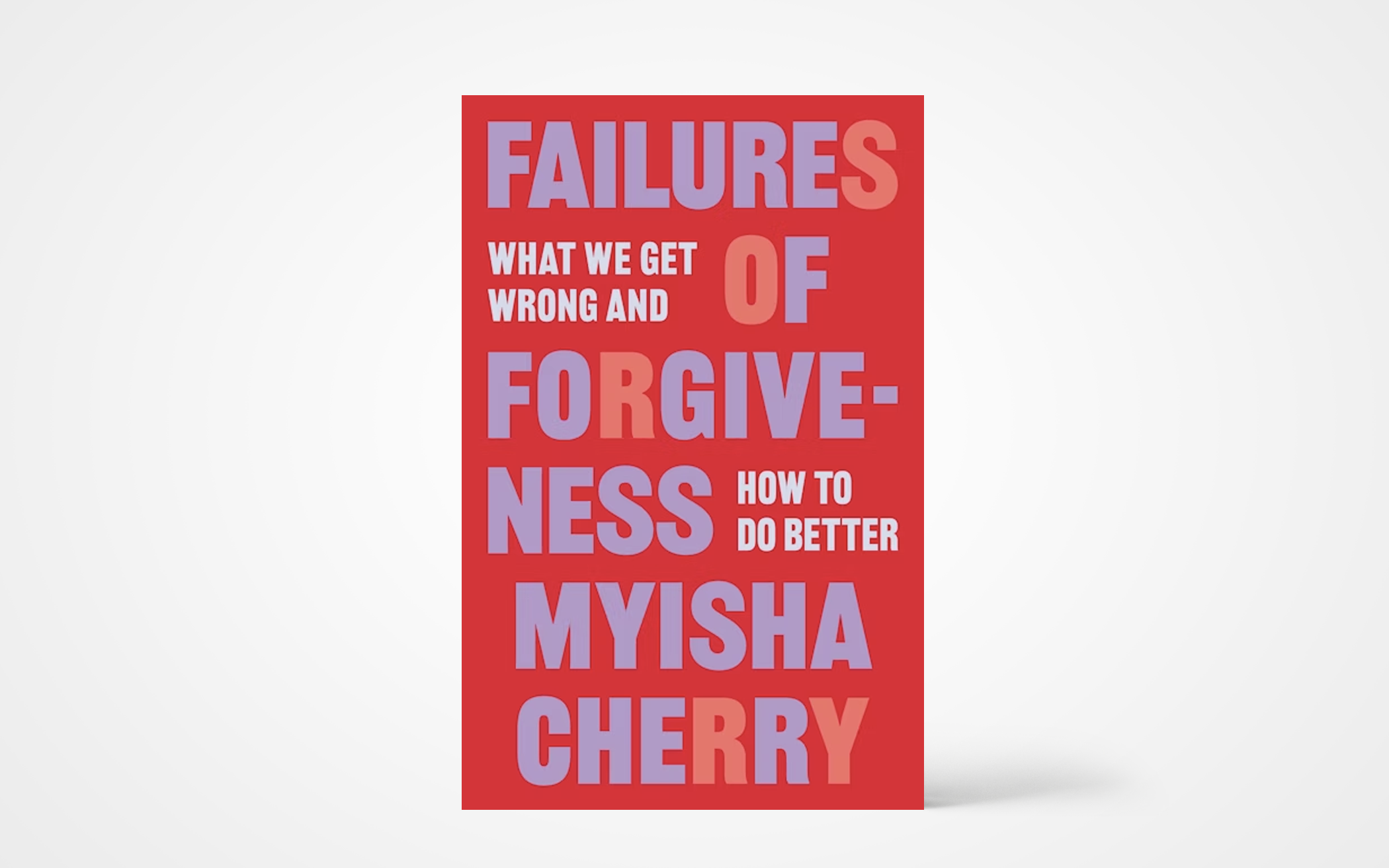Across religions and societies, forgiveness represents the highest moral ground, even and especially in the worst situations of harm and injustice. Forgiveness, though, is a profound and complex human experience that defies oversimplification. Contemporary philosopher Myisha Cherry, who is also an African American scholar, carefully unveils the myths and misconceptions around forgiveness in her new book.
As the author writes, “Forgiveness is powerful. But it’s not magical.” A narrow view of forgiveness tends to equate it with “the ‘letting go’ of negative feelings” such as anger and resentment. Hasty forgiveness, according to the book, might compromise the forgiver’s self-respect and obscure the reality of gross injustices, such as hate crimes. This reminds me of what German theologian Dietrich Bonhoeffer wrote about “cheap grace.” Sometimes the moral command of forgiveness can even be used to pressure victims of crimes, leading to further psychological and emotional harm.
Myisha Cherry argues that forgiveness includes “ritualistic, behavioral, and emotional aspects.” A more expansive view of forgiveness does not limit it to one goal or activity. Instead, “it opens up our options without falling into the trap of calling anything and everything forgiveness.” Because of its complexity, forgiveness is a process and people might have different practices of forgiveness. Among these practices, withholding the extension of forgiveness is also allowed. This is because “just as there are reasons we forgive, there are also good reasons to withhold forgiveness.” For example, expecting someone to reconcile with an abusive spouse before the latter person is committed to change might impose further abuse on the forgiver.
This book uses a wide variety of real-life examples, including media reports of acts of forgiveness from family members of those who suffered horrible racial hate crimes; the historic political project of forgiveness known as the Truth and Reconciliation Committee in post-Apartheid South Africa, and daily family trauma involving choices of forgiveness. As Cherry eloquently writes, “Many of us turn to forgiveness as a possible antidote. But forgiveness, like any powerful medicine, works only if it is applied properly.” This is a great resource for thoughtful Christians willing to expand their understanding of the topic of forgiveness from a philosophical point of view. (Princeton University Press)
About the Author
Mary Li Ma is a member of Plymouth Heights CRC church in Grand Rapids, Mich. She holds a Ph.D. from Cornell University and now works as a research analyst for a national research center on education equity.

